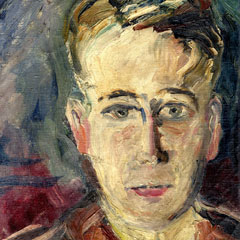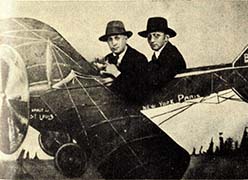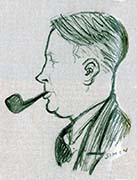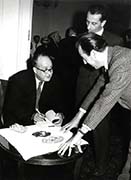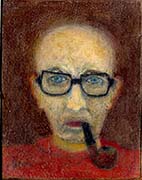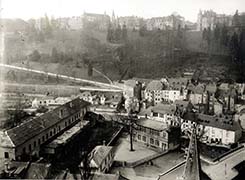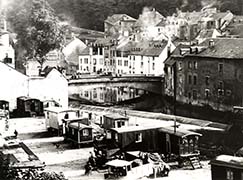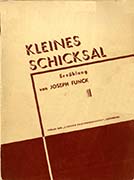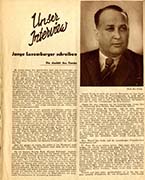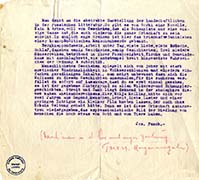Jim Steller
 LUXEMBOURG
LUXEMBOURG- Man
“Jim Steller was a drunkard, but that did not harm his reputation; in his milieu vice was too common for attracting attention. Jim’s milieu was the periphery and this periphery was, as it were, the junk room of the old town at whose bottom it lay.” Thus begins Joseph Funck’s novella Kleines Schicksal (Humble Destiny), published in Luxembourg in 1933-34.
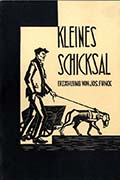
Its protagonist Jim Steller makes a living by collecting dog excrements, needed by local tanneries for the production of luxury leather gloves. He belongs to the lowest rank even of the lumpenproletariat living in certain parts of the valley below the center of Luxembourg City until around 1900. Kleines Schicksal narrates the last days of Jim Steller’s life: one morning, he breaks down and is hospitalized in the upper town, where he gets into trouble with respectable society. This conflict ultimately leads to his death. The City is shown as divided into mutually incompatible realms of wealth vs. poverty, luxury vs. squalor, darkness vs. light, up vs. down. By making the reader see the world through the eyes of this humble character, who is depicted with some empathy, Funck shows aspects of Luxembourg which were not normally treated in literature in this way. Because of his graphic description, the character of Jim Steller was transposed into other media: several artists illustrated the novel; it served as a model for photographic motifs; it inspired a musical; and a film adaptation was planned, but not realized.
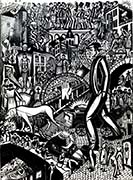
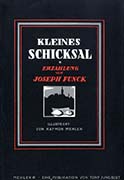
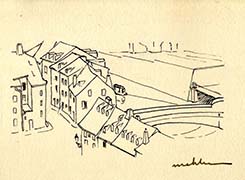
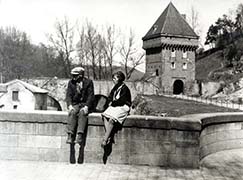
Link to the presentation of Kleines Schicksal on the CNL website (German):
http://www.cnl.public.lu
Link to the presentation of Kleines Schicksal on ‘Radio 100,7’ (audio file 30 min, Luxembourgish)
(Kleines Schicksal is no. 10 under Lëtzebuerger Bibliothéik – click “Ecouter l’émission”):
http://www.cnl.public.lu


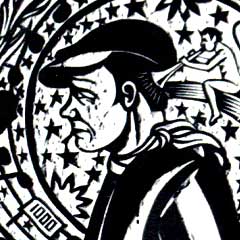
 LUXEMBOURG
LUXEMBOURG




